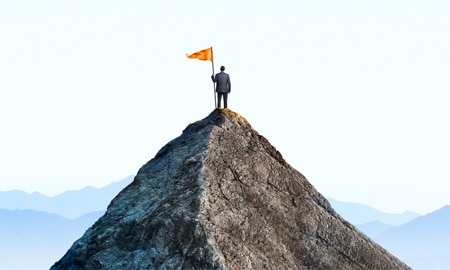Would you consider yourself a humble person?
Most of us would agree that humility is a virtue—something noble and worth aspiring to. And for good reason. A humble person coexists peacefully with others. Humility allows for flexibility, for yielding. It builds bridges and fuels healthy relationships. Arrogance, on the other hand, breeds conflict, distance—even abuse.
So why is humility so rare?
Some may challenge the very premise and actually argue that humility might be a nice concept in theory but it’s not realistic. They believe that life is driven by the “the selfish gene” — self interest and self preservation. You need to have a healthy sense of self to fight for yourself, because if you don’t protect yourself who will? You need an ego to survive and thrive.
But let’s pause. Let’s go deeper.
If humility is so vital, so clearly valuable in our relationships, our communities, and even in our own peace of mind—why is it so elusive? What lies beneath this resistance?
Please join Rabbi Simon Jacobson on a surprising and counterintuitive discovery: That humility is not weakness, not passivity, and not self-negation. It is much more than modesty and selflessness. It is about opening yourself up to experiencing a reality greater than yourself and your subjective perspectives. True humility is power. The power of nothing being greater than something.






